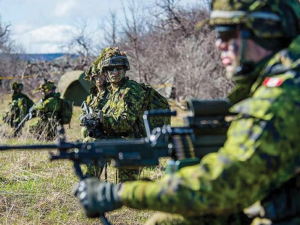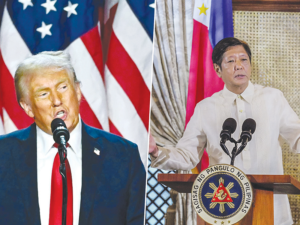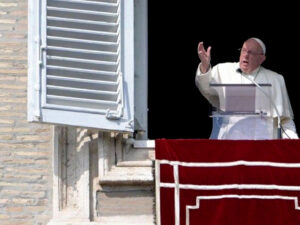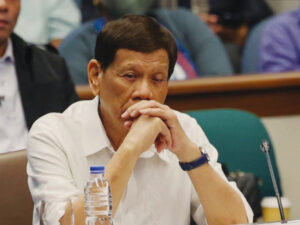Canada will expand its campaign of air strikes against the Islamic State (IS) group and for the first time strike it in Syria as well as Iraq, Prime Minister Stephen Harper said March 24. Harper’s motion outlining the enlarged mission was assured of passage with the backing of his Conservative majority. Passage of the motion would authorize the expanded air campaign until March 2016.
No ground combat troops would be deployed under the plan, which will formally come up for debate in the House of Commons. Canada first joined the US-led airstrikes on the IS group in November. It also deployed about 70 special forces troops to train Kurds in northern Iraq. A clash mid-January in which the Canadians came under mortar and machine gun fire while training Iraqi troops near the front lines, as well as the March 6 friendly fire death of a Canadian soldier, however, have heightened political divisions in Ottawa over the fight against IS.
Addressing parliament, Harper said his government has decided “to explicitly expand that air combat mission to include Syria.”
The aim, he said, is to prevent the IS jihadist group from moving heavy equipment across the Iraqi border into Syria to avoid coalition air strikes.
“In our view, ISIL must cease to have any safe haven in Syria,” Harper said, using his government’s preferred acronym for the Islamic State group.
Harper had been reluctant to expand Canadian strikes into Syria — where US and Arab jets are already operating — to avoid implicitly aiding Syrian President Bashar al-Assad.
Canada has imposed sanctions on the regime and supports the so-called “moderate” rebels — rather than IS or al-Qaeda linked groups — that are fighting to oust him. But on March 24 Harper said: “The government has now decided that we will not seek the express consent of the Syrian government.”
Harper said Canada’s objectives remain the same: to degrade IS’ capabilities, including “its ability to engage in military movements of scale, to operate bases in the open, to expand its presence in the region, and to propagate attacks outside the region.” He said the situation on the ground has “evolved,” but did not say exactly how except to suggest that the coalition’s air strikes over the last six months have resulted in modest gains. He said the jihadists’ “territorial spread has been more or less halted” and the group “has been pushed back somewhat at the margins,” but its “territorial hold remains substantial, and its leadership and networking of wider jihadist forces has continued.” He also noted that IS fighters have threatened Canada in propaganda videos.
Opposition New Democratic Party leader Thomas Mulcair rejected the government’s arguments, insisting: “Canada has no place in this war.”
“The United States has been mired in the Iraq for more than a decade and the Americans absolutely don’t see any light at the end of the tunnel,” he said.
“Is the prime minister trying to have us believe that he will be able to use his military strength to force a solution in Iraq, after everyone else has failed over the last ten years,” he added. “It doesn’t hold water,” Mulcair further said.
Justin Trudeau, leader of the third-ranked Liberals, also withheld his party’s support for the war, saying it does not serve Canada’s interests. He said Canada “has a role to play in the campaign against ISIL.”
But he added, the prime minister is proposing a “vague and endless combat mission” that risks helping Assad consolidate his grip on power.









